Assembled here are key sources that have shaped the modern Middle East, Zionism and Israel. We have included items that give texture, perspective and opinion to historical context. Many of these sources are mentioned in the Era summaries and contain explanatory introductions.
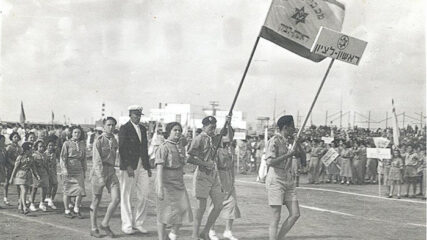
Zionists decide to hold the first international sports games in Tel Aviv bringing 400 Jewish athletes from 18 countries. The games open on March 28, 1932. Zionists value the games as a “possible awakening of youth in the Diaspora” to Zionism and the positive economic outcome for the Jewish community in Palestine.
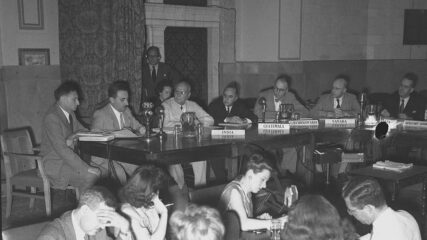
This four-page assessment notes multiple Jewish contributions to Palestine’s development: expansion of health care, advancement of agricultural methods, government revenue, industrial growth and Jewish building expansion. It notes that the Jewish economy has attracted Arab immigration to Palestine for jobs and the mushrooming of the Jewish education system from Jewish sources. Without saying so directly, its contents tout Jewish state building.
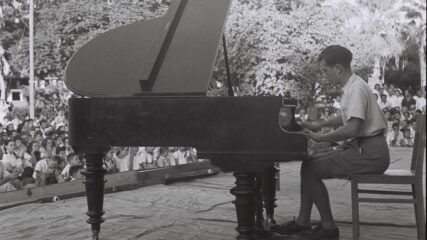
Gerda Luft’s, “Cultural Life in Palestine,” is representative of the dozens of excellent analyses of Jewish life and politics in Palestine/Israel and the world located in the annual Palestine Yearbooks, later the Israel Yearbook, published from 1945 forward.
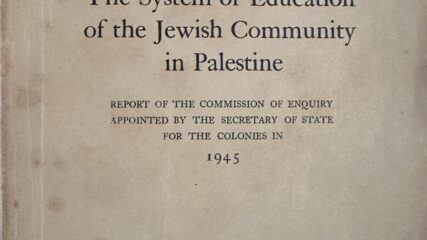
With the British spending local revenue on strategic needs — ports, roads and communication systems — scant funds were devoted to education in the Mandate. Already baked into diasporic habits, the Jewish community raced forward in educating its own in Palestine to inculcate penetrating attachments to Palestine as the Jewish national home. Arab youth literacy ran in place, with separatist education contributing mightily to communal divisions, as occurred simultaneously in the economic and geospatial spheres.
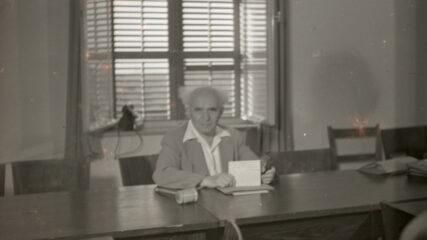
The Status-Quo Agreement is an understanding reached between David Ben-Gurion, then the chairman of the Jewish Agency Executive, and the religious parties in the period before Israel became a state.
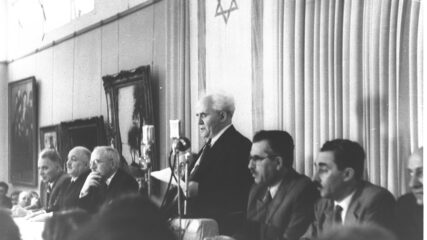
This draft spoke eloquently about protecting individual, religious, and civil rights for all. Instead individual civil rights in Israel were protected by a series of Basic Laws.

The law authorizes appointed Israeli panels to investigate matters of public concern and state interest. These independent bodies are among Israeli democracy’s most trusted institutions, but there is not mechanism in the law to require their creation.
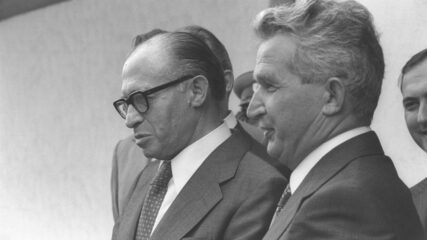
Unknown to the Carter administration and one month before it issued the US-Soviet Declaration to convene an international Middle East Peace Conference, Prime Minister Begin tells the cabinet that he learned from the Rumanian president that Sadat wishes to have Israeli and Egyptian representatives meet in secret talks. That bi-lateral Dayan -Tuhami meeting takes place on September 16. Begin refers to advanced drafts of proposed treaties between Israel and each Arab state; he presents details about Rumanian Jewish immigration to Israel.
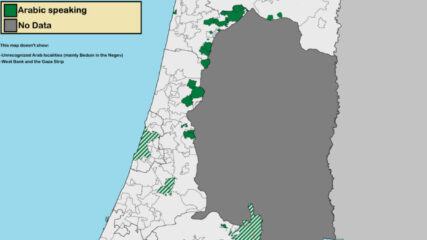
The findings of the Or Commission on the October 2000 clashes between Arab and Jewish Israelis provide context to the response of Arab citizens to the May 2021 Israeli-Palestinian fighting.

Novelist Amos Oz’s final speech provides a summation of a lifetime of insights into Israeli society and a vision for what Zionism has yet to accomplish.
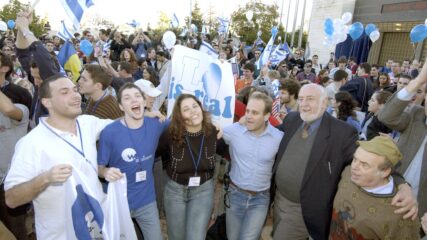
The most recent of Israel’s Basic Laws, the statutes enacted in place of a formal constitution, controversially asserts the Jewish nature of the state, even though almost a quarter of its citizens are not Jewish.

A former IDF general, Benny Gantz officially launches his campaign to replace Prime Minister Benjamin Netanyahu in the April 2019 election. With pride of ownership, Gantz speaks of his love of Zionism, the Jewish people and the State of Israel and cites his 38-year military career.
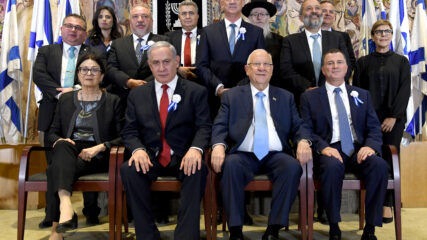
Israel’s Likud and Blue and White parties agree to a three-year national unity coalition government with a rotation of prime ministers (Netanyahu and Gantz) to take place after 18 months. The COVID-19 pandemic, earlier paralysis in coalition formation and President Rivlin’s urging catalyze the coalition agreement.
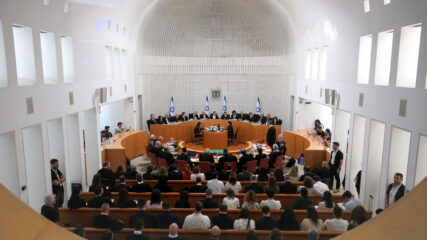
Amid the massive public protest of the Netanyahu government’s suggested changes to the judicial system, former Israeli Supreme Court judges join the attorney general in expressing opposition to the government proposals and call for a committee to review the judiciary and suggest a balanced plan for changes.
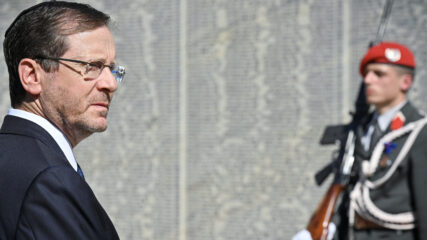
After his urging compromise on the proposed judicial overhaul, President Isaac Herzog, in the starkest of terms, says Israel is approaching the “abyss of a civil war” as opponents and proponents head toward a showdown. He characterizes the proposed overhaul as “wrong, oppressive, and undermines our democratic foundations.”

Prime Minister Netanyahu offers two speeches to the nation within four days, first emphatically pushing ahead with the judicial overhaul process, then calling for a pause.

Supreme Court President Yitzhak Amit warns about the danger to the Israeli public and democracy of sustained political attacks on the judiciary and individual judges.

Former Supreme Court President Aharon Barak makes the case against the Netanyahu government’s efforts to overhaul the judiciary, arguing that Israeli democracy requires judicial independence and protection for minority rights.


















